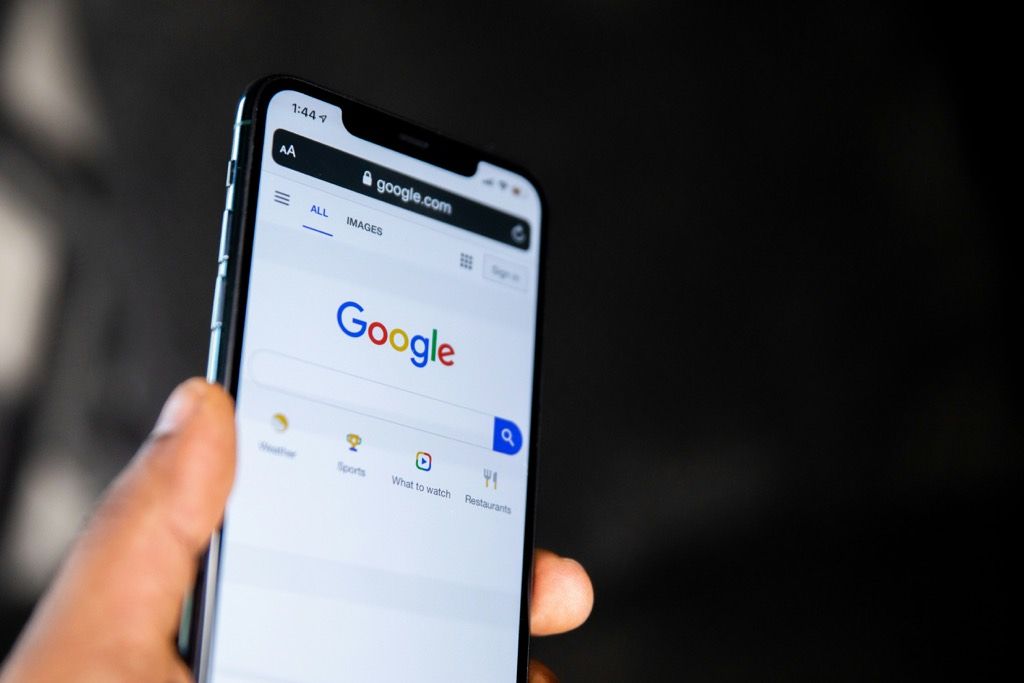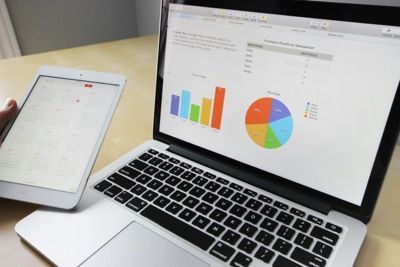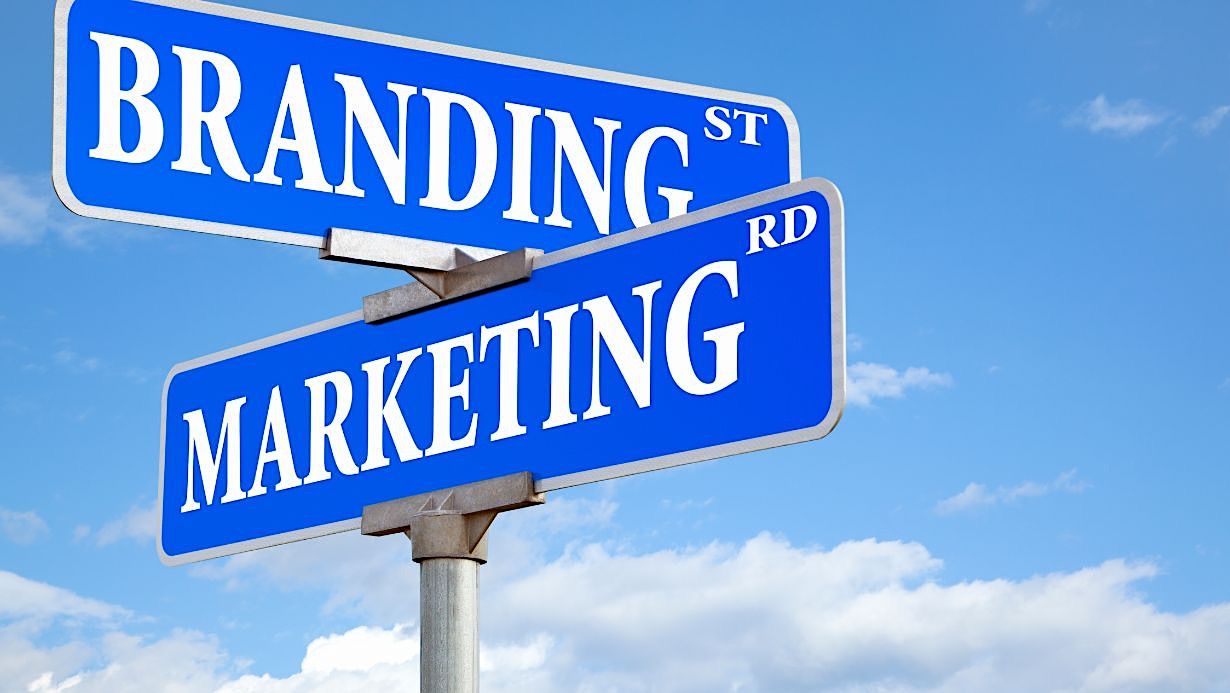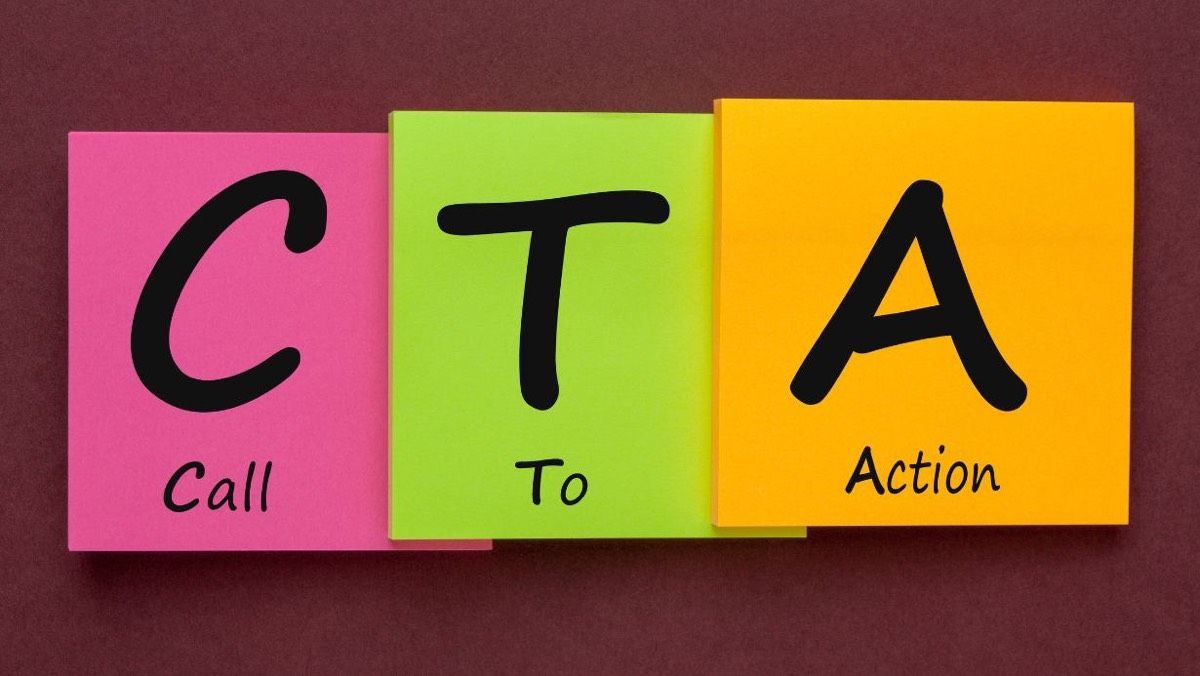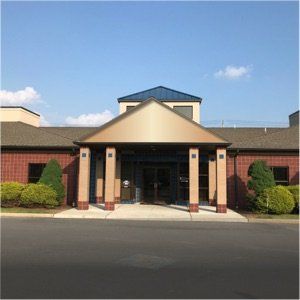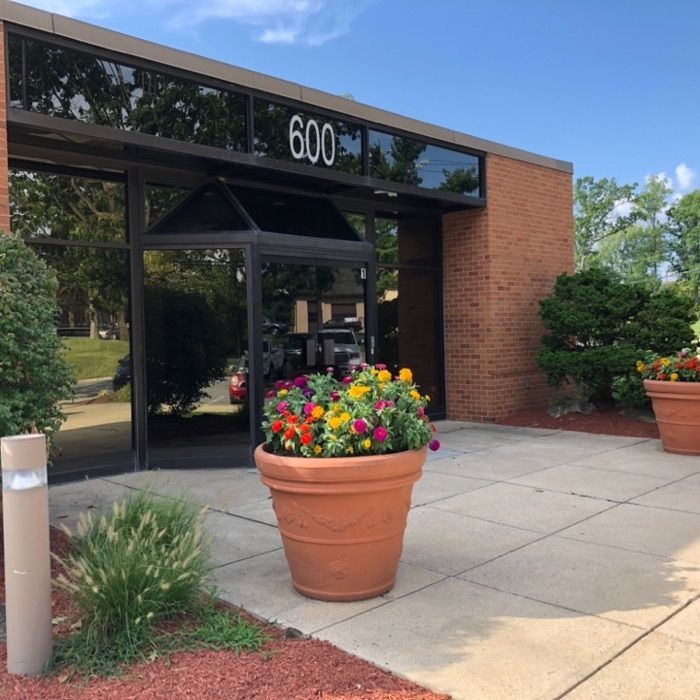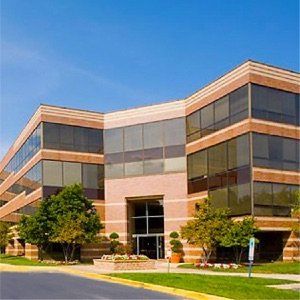Improve Search Engine Results Page (SERP) Ranking With On-Page SEO

Search Engine Optimization (SEO) is a crucial element of any online marketing strategy. If people can’t find your website, they won’t discover how awesome your product or service is or even realize that your business exists. On-page SEO drives relevant potential and existing customers to your website.
Too busy to read this post? Check out the abbreviated video below ...
What is SEO?
The goal of SEO is to get your website to rank well (show up near the top of a search engine results page) when people search for something relevant to your product or service. Higher ranking results in more people visiting your website. According to a recent Search Engine Journal study, “over a quarter [28.5%] of Google searchers click on the first organic result.” In comparison, the tenth position in Google has a 2.5% click-through rate.
These “unpaid” search results from SEO can drive a free, continuous stream of traffic to your website. Unlike online advertising, SEO has no associated cost when a searcher clicks your link on the search engine results page (SERP).
There are two types of SEO - off-page and on-page. Off-page SEO is what you do to make your website look more authoritative - one of the criteria search engines like Google use to rank your website on SERPs. Off-page strategies include obtaining quality inbound links, adding your website links to trusted directories, creating press releases, etc.
On-page SEO is what you do within your website, and that is our focus today.
w Paragraph
4 On-Page SEO Tips
1. Conduct an SEO audit of your website
If you have an existing website, you need to find out how SEO-friendly it is so you can make changes where needed. PMI offers a FREE SEO report detailing how your website ranks for multiple SEO factors and any technical issues requiring attention. You can use this report as a handy guide for improving your organic search results.
2. Find your target keywords
Google is constantly updating its algorithms, which are “designed to sort through hundreds of billions of webpages in [Google’s] search index to find the most relevant, useful results in a fraction of a second, and present them in a way that helps you find what you’re looking for.” Therefore, if you want Google to include your website in SERPs, you need to understand which keywords and phrases will result in relevant traffic to your website.
Hubspot offers four steps:
1. Make a list of important, relevant topics based on what you know about your business.
2. Fill in those topic buckets with keywords.
3. Understand how intent affects keyword research and analyze accordingly.
4. Research-related search terms.
3. Add target keywords
Understanding which keywords and phrases are relevant to your business is crucial, but knowing where to put them for the most significant impact is essential too. Here are some key locations to place keywords for optimal performance:
- Titles – A description of the topic that shows up on the search engine results page (see below). Titles should be kept under 70 characters and include at least one of your target keywords or phrases.
- Meta Descriptions – Meta descriptions also appear on the search engine results page (see below). Try to use at least one of your target keywords in your meta description.
- Headings – People tend to scan pages, so headings help them consume information more quickly, and including your target keywords and phrases helps SEO.
- Content – Use keywords and phrases NATURALLY throughout your text. Don’t force it.
- Image Titles
– Image titles appear on some browsers when you hover the mouse over an image. The title can provide additional information about the image, positively impacting SEO performance.
- Image Alt Text – Image alt text lets search engines know what the image is about. Including relevant keywords in the image alt text can help SEO.
- URLs – Including keywords in the URL helps readers know what they will find when they click on the URL and help SEO. This is especially true of blogs
4. Avoid sketchy SEO practices
Remember, the intent of Google’s algorithm is to help people find relevant information as quickly as possible. Therefore, Google frowns on certain practices that can defeat this purpose and may penalize your website for it. Here are a few things to avoid:
- Don’t hide keywords by using the same color text and background or hiding them behind images.
- Don’t stuff keywords by repeating keywords over and over again
- Don’t force keywords by using those words where they don’t belong. Not only can forcing keywords hurt SEO, but it can also create content that doesn’t make sense to readers.
How To Simplify SEO
In most cases, it takes considerable time and effort to earn search rankings at or near the top of page one. However, if you want to drive more traffic to your website and enjoy more well-qualified leads for your growing business, SEO should be a crucial part of your internet marketing strategy. Power Marketing International can help.
Contact us today at 484-297-6395, or contact us online for a free consultation.

